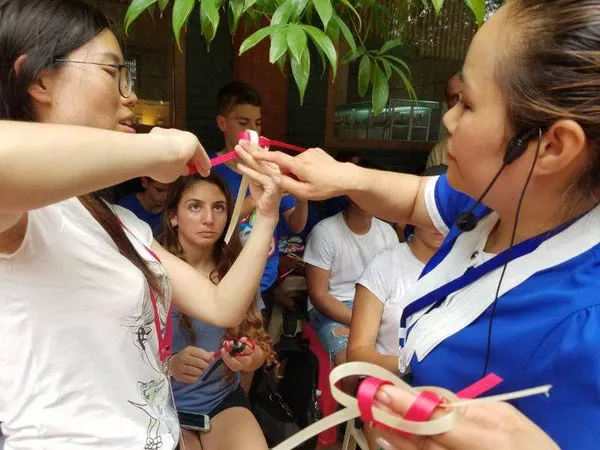A groundbreaking trial conducted in schools across England reveals that a one-day cognitive behavioral therapy (CBT) workshop significantly enhances teenagers’ mood and reduces stress levels for up to six months post-participation.
In contrast to recent mental health interventions that yielded marginal improvements or even exacerbated well-being, this study underscores the efficacy of brief CBT interventions in ameliorating adolescent mental health.
CBT has emerged as a leading therapeutic approach for individuals grappling with depression or anxiety, offering structured techniques to challenge negative thought patterns and behaviors. While traditionally administered over several weeks, the trial sought to evaluate the feasibility and efficacy of a condensed one-day CBT workshop targeting students aged 16 to 18.
Conducted in 57 schools across England, the trial enrolled 900 pupils, randomly assigning them to either attend the CBT workshop or receive standard mental health support. Led by three therapists, the workshop provided participants with insights into CBT principles, relaxation techniques, mindfulness practices, and practical strategies for time management and sleep hygiene.
The results revealed noteworthy improvements in depression symptoms among workshop attendees, with a reduction of over 2 points on a 67-point scale, signifying a small yet significant effect. Remarkably, participants with initially elevated depression scores experienced a moderate impact, with a 4-point reduction in symptoms on average.
Furthermore, the workshops yielded tangible benefits for the entire cohort, fostering small but enduring enhancements in anxiety levels and overall well-being, which persisted for at least six months.
June Brown, a researcher at King’s College London, attributes the workshop’s success to its tailored approach, focusing on adolescents facing genuine mental health challenges and leveraging trained therapists for intervention delivery. In contrast, previous initiatives centered on mindfulness training for entire classes lacked the personalized attention and therapeutic depth of CBT.
The positive findings have garnered praise from experts like Jack Andrews at the University of Oxford, who commended the trial’s meticulous design and promising outcomes. The integration of mental health professionals within school settings, as part of a broader initiative launched in 2018, underscores a concerted effort to prioritize adolescent mental health across England.
As the initiative expands to encompass all schools, the profound impact of brief CBT interventions exemplifies a promising paradigm shift in adolescent mental health care, offering hope and support to a generation in need.



























